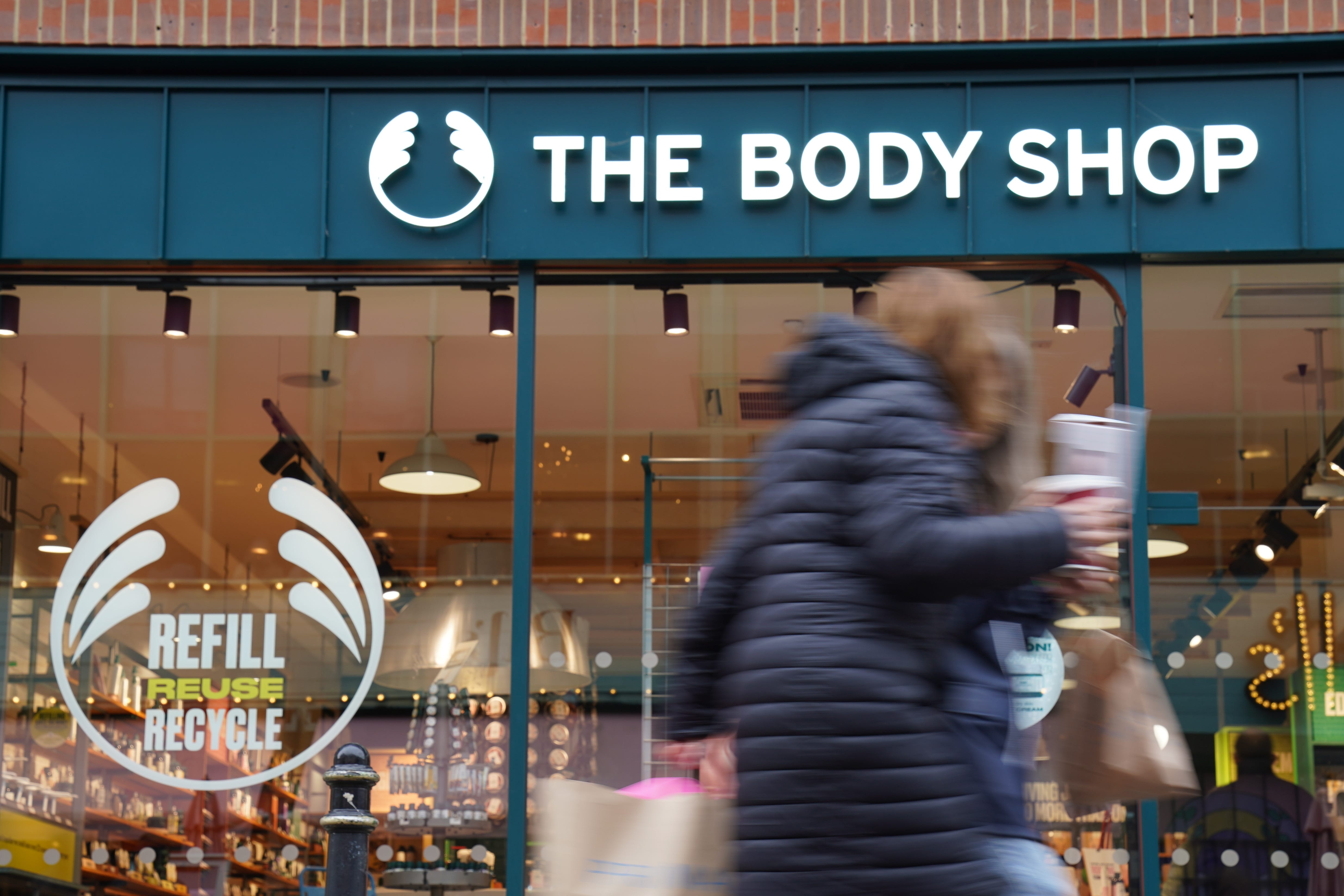UK company insolvencies spike in February as firms remain under pressure
The level of company insolvencies spiked in February with cosmetics chain The Body Shop among the high street brands to collapse into administration.

More than 2,000 UK firms went bust last month, nearly a fifth more than the same time last year, according to new figures which shed light on the challenges facing under-pressure businesses.
The level of company insolvencies spiked in February with cosmetics chain The Body Shop among the high street brands to collapse into administration.
The number of registered company insolvencies in February was 2,102, a 17% increase on the same month in 2023, data from the Insolvency Service showed.
It is higher than levels seen during the Covid-19 pandemic, when Government support measures were propping up struggling firms, and higher than pre-pandemic numbers.
It signals that British businesses are still grappling with tough conditions after company insolvencies hit a 30-year high in 2023, with more than 25,000 firms going bust during the year.
Construction businesses faced the most casualties last year, as the sector faced a protracted slowdown amid soaring mortgage costs and materials inflation.
Rather than fresh starts, the spring brings with it additional challenges for already distressed businesses, particularly those in the strained retail and hospitality sectors
The Body Shop was a high-profile company to call in administrators in February, subsequently announcing the closure of nearly half of its UK stores.
The retailer, which was founded in 1976, had faced years of financial struggles amid a more challenging backdrop for shoppers.
David Hudson, a restructuring advisory partner at FRP, said: “Rather than fresh starts, the spring brings with it additional challenges for already distressed businesses, particularly those in the strained retail and hospitality sectors.
“Despite hopes of some respite from the Chancellor in last week’s Budget, many will see large rises in their business rate bills from the start of April as well as having to shoulder increased wage costs as the new National Living Wage takes effect.”
He added that despite hopes of a short-lived recession, the financial challenges combined with higher borrowing costs and weak consumer confidence continue to “weigh heavily” on UK firms.
The UK economy fell into a recession at the end of last year, according to official figures, which is defined as two consecutive quarters of negative growth.
But the economy returned to growth in January, raising hopes that it could already be on its way out of the downturn.
Subscribe to Independent Premium to bookmark this article
Want to bookmark your favourite articles and stories to read or reference later? Start your Independent Premium subscription today.
